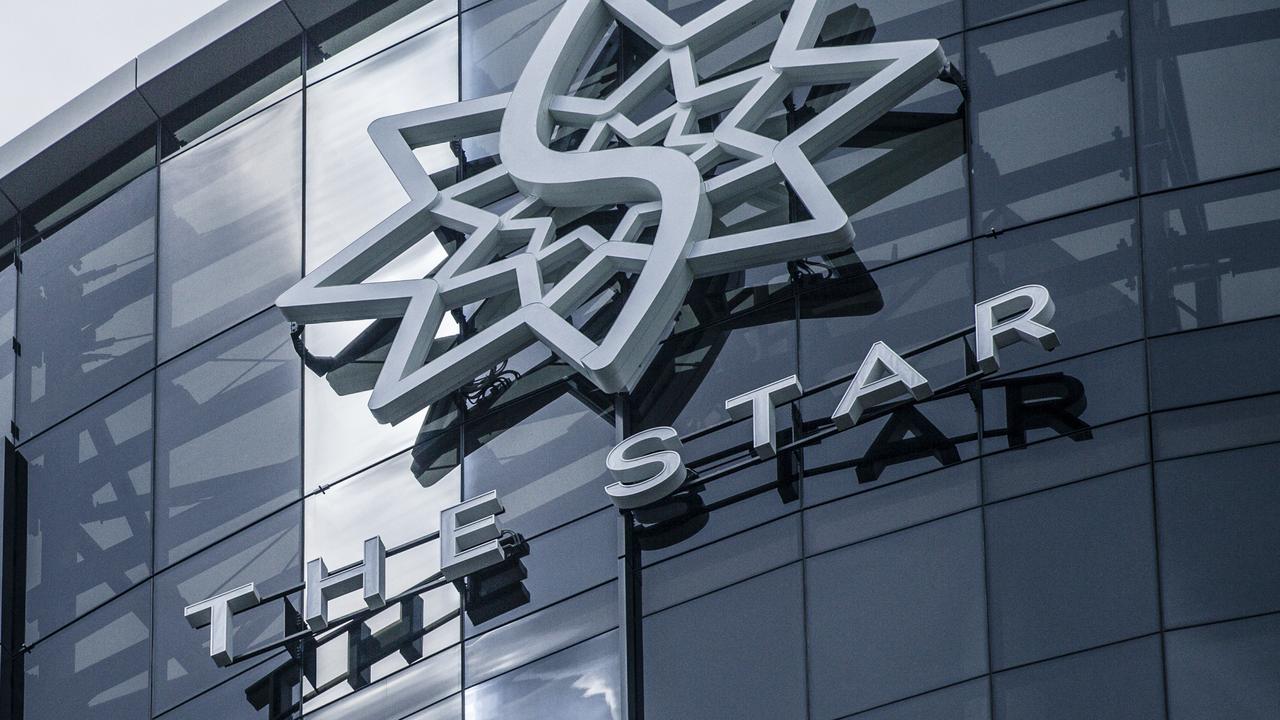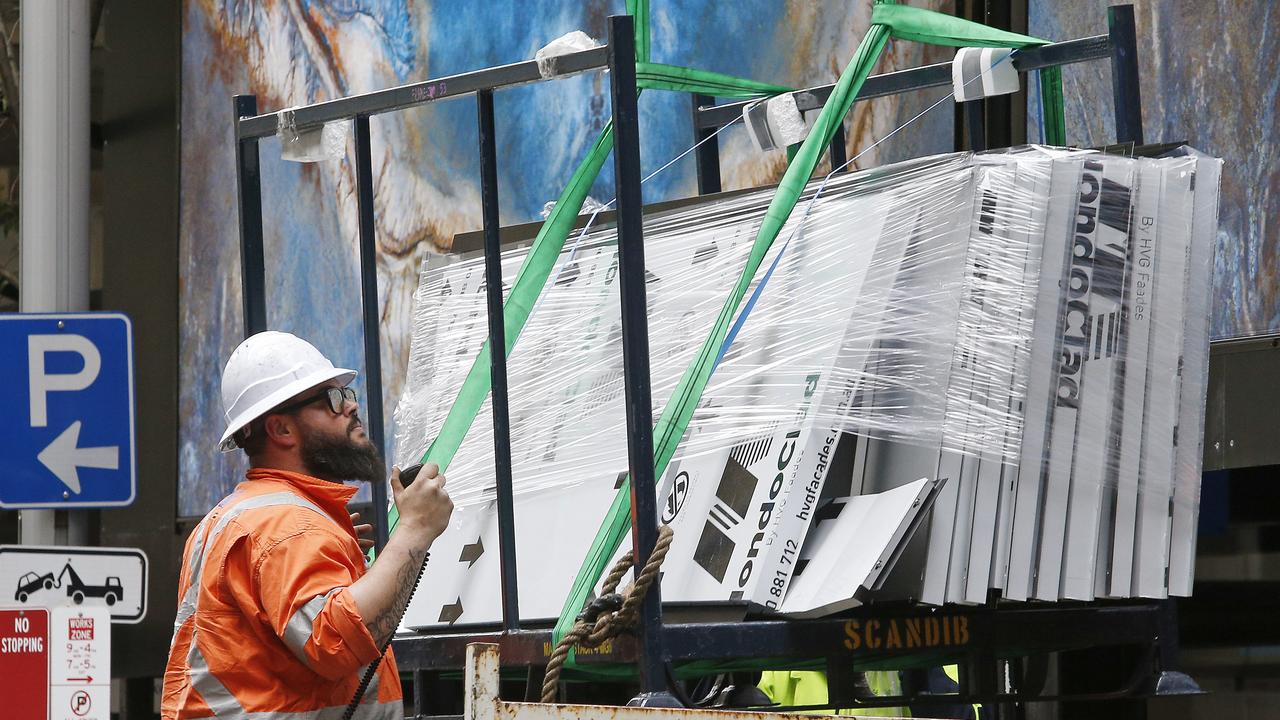Melbourne e-sports company Order collapses after raising $5.3 million in funding
A Melbourne-based e-sports company has gone into voluntary administration, as it urgently looks for a buyer for the business.
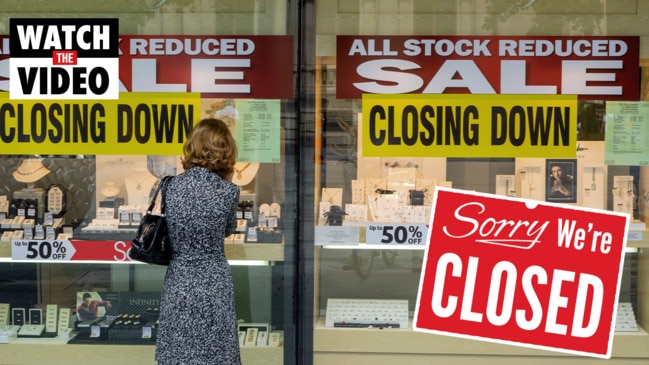
A Melbourne-based company that raised $5.3 million in funding last year has collapsed.
The company, which featured one of Australia’s largest e-sports teams – a sector where players compete against each other on video games – went into voluntary administration on Monday.
The company, called Order, currently has around $200,000 in outstanding debt owed to creditors while 12 employees have been impacted by the collapse, according to David Holton the administrator appointed from insolvency firm Rodgers Reidy.
The pandemic and “cashflow issues” had been two of the major causes for the collapse of the business which was founded in 2017, Mr Holton told news.com.au.
“What the company told us is in the last two years they have been affected by Covid as per many other industries and whilst Covid brought many people into e-sports and gaming, it was just a very different year and difficult to get into tournaments and they couldn’t house people in the same areas,” he said.
“Covid has been a bit of distraction for things, but it’s also a new market which requires a lot of capital investment.
“The company had reached out in the last six months for additional equity … which wasn’t forthcoming and ultimately it’s the cashflow issues that has driven it into administration.”
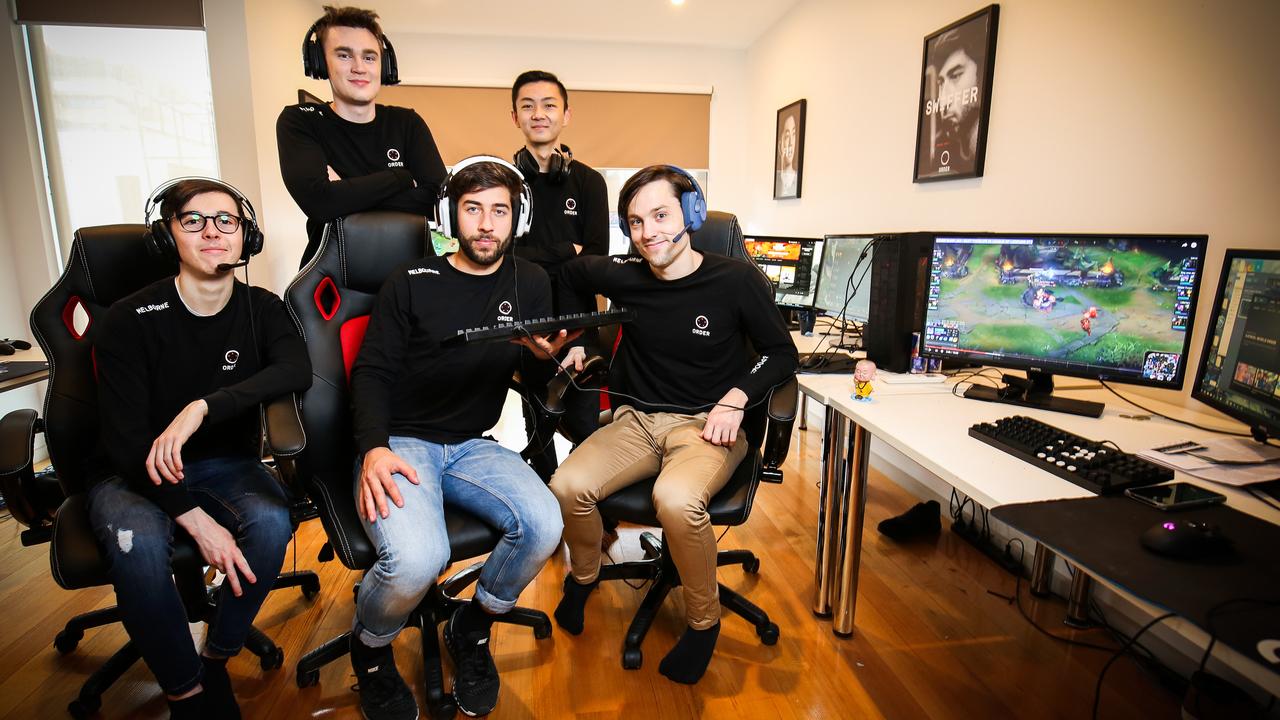
The team behind the players
Order had a team of professional e-sports players known as “Vexite”, “Kingfisher” and “Sico”, who lived with other gamers together in a warehouse in Collingwood.
The team also hired a professional coach, team manager, strength and conditioning expert, dietitian and mindfulness coach, as well as an apparel manager who sold merchandise such as team posters for $25, team jerseys for $80 and hoodies for $90 from its website.
Last year the company had achieved the largest private capital raising for an Australian e-sports organisation by securing funding of $5.3 million, while it also recruited former executive Marc Edwards from AFL team the Melbourne Demons to be its CEO.
At the time of his appointment in May 2021, Mr Edwards said he was “excited to join” the company and industry as it was “poised for significant growth”.
“I could have continued to pay my dues in traditional sport, but chose to apply the skills and the experience from those roles to Order,” he said in a statement.
However, Mr Edwards has now deactivated his social media accounts such as LinkedIn and Twitter and was unable to be reached for comment.
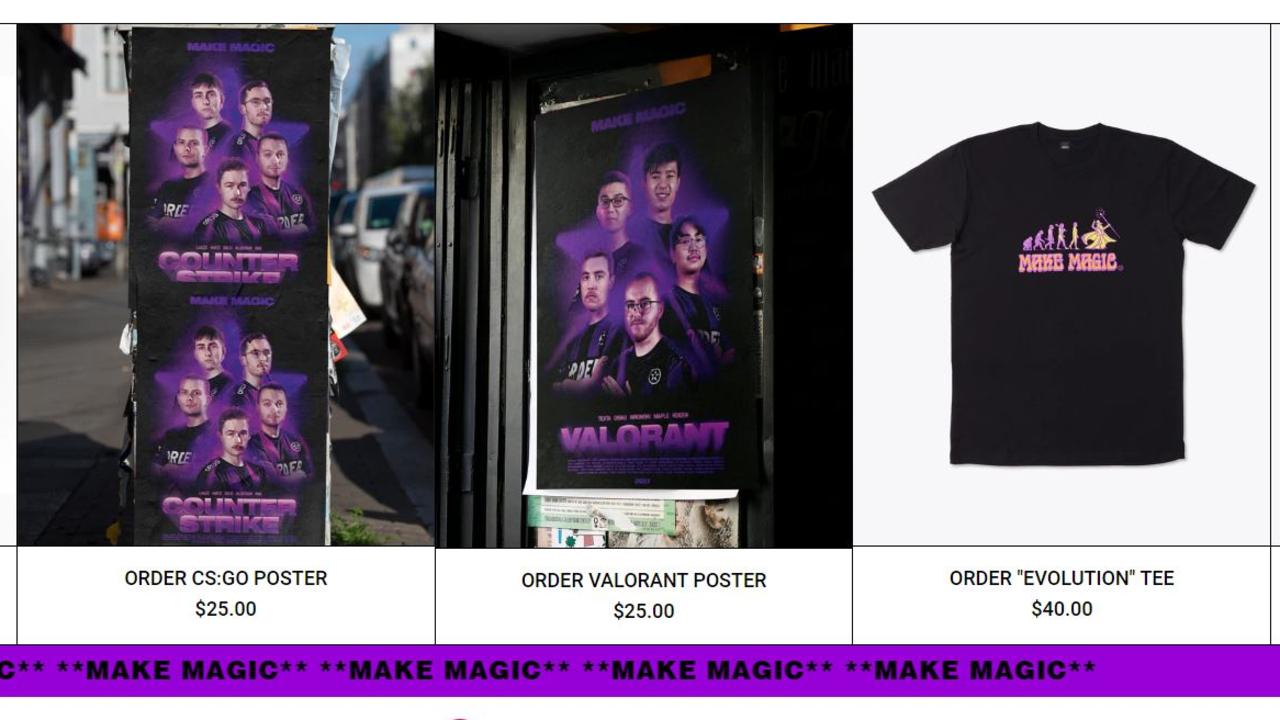
Urgent sale
The administrator told news.com.au that they were looking to “urgently” sell the business and its assets within the next two weeks with around a dozen parties interested at the moment.
“We are hoping to achieve a sale that will then retain the employment of the 12 remaining staff and retain the existing teams, players and the partnerships that the company built up over the past couple of years,” Mr Holton said.
He added that the directors had “acted reasonably and pretty quickly to make sure there aren’t significant debts outstanding” and had been in discussions about selling the business before it went into administration.
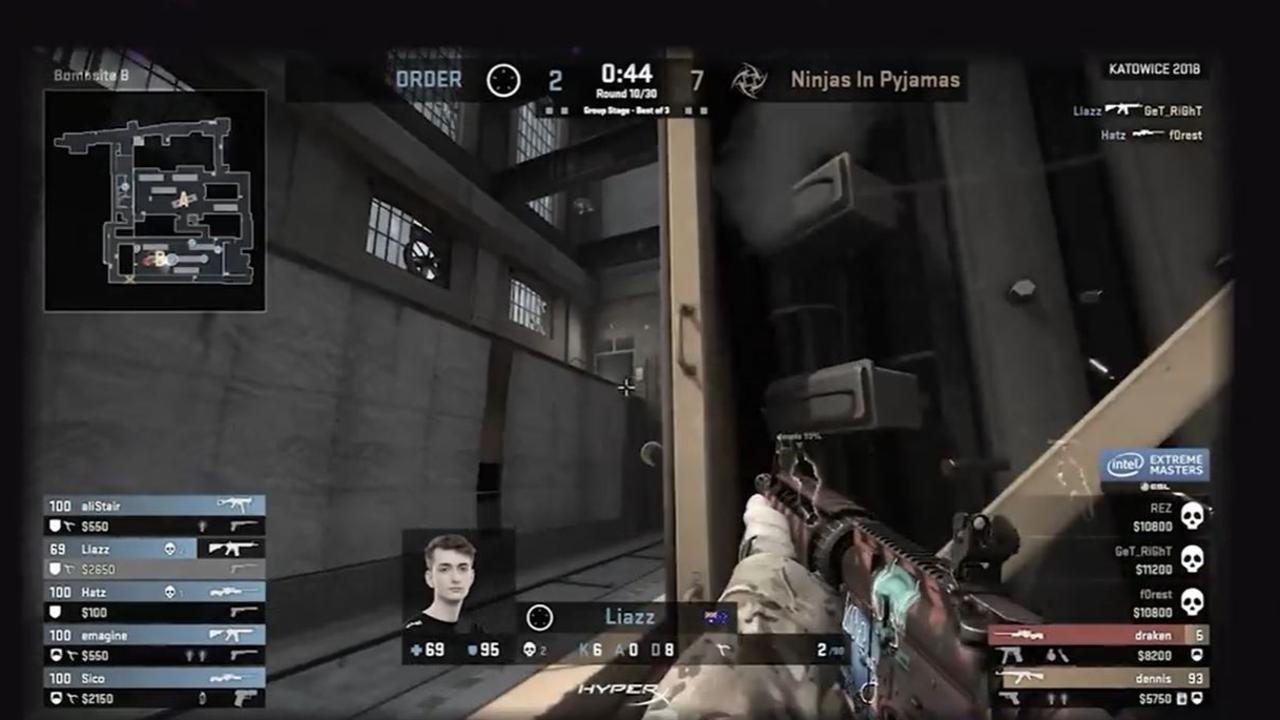
‘Massive rise’ in company collapses
It’s no secret there has been a “massive rise” in Australian companies collapsing but recent findings showed they have skyrocketed by a whopping 50 per cent since April.
Tech companies in particular are struggling in Australia after a share market bloodbath, which has left investors spooked and made funding harder to find.
An Australian tech company called Metigy left staff “shell-shocked” by its sudden collapse earlier this month, after it planned to raise money with a valuation of $1 billion.
Other failed businesses include grocery delivery service Send, which went into liquidation at the end of May, after the company spent $11 million in eight months to stay afloat.
Last month, Australia’s first ever neobank founded in 2017, Volt Bank, went under with 140 staff losing their jobs, while 6000 customers were told to urgently withdraw their funds.
A Victorian food delivery company that styled itself as a rival to UberEats and Deliveroo also collapsed in July as it became unprofitable, despite making more than $6 million worth of deliveries since it launched in 2017 and had 18,000 customers.
A venture capital firm issued a sobering message about the state of Australia’s start-up industry, warning that more new companies would go bust and pulling back on funding as a result.




